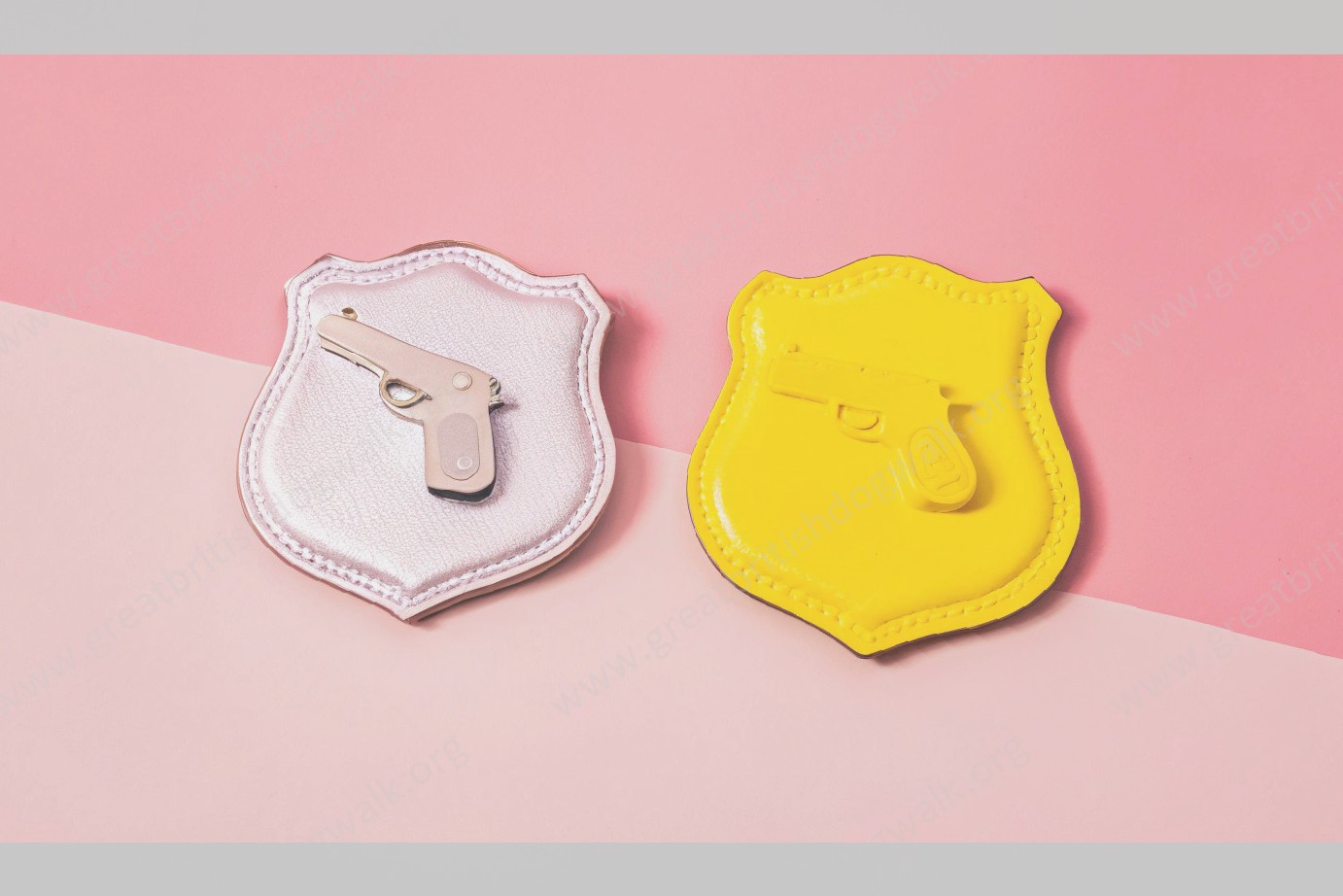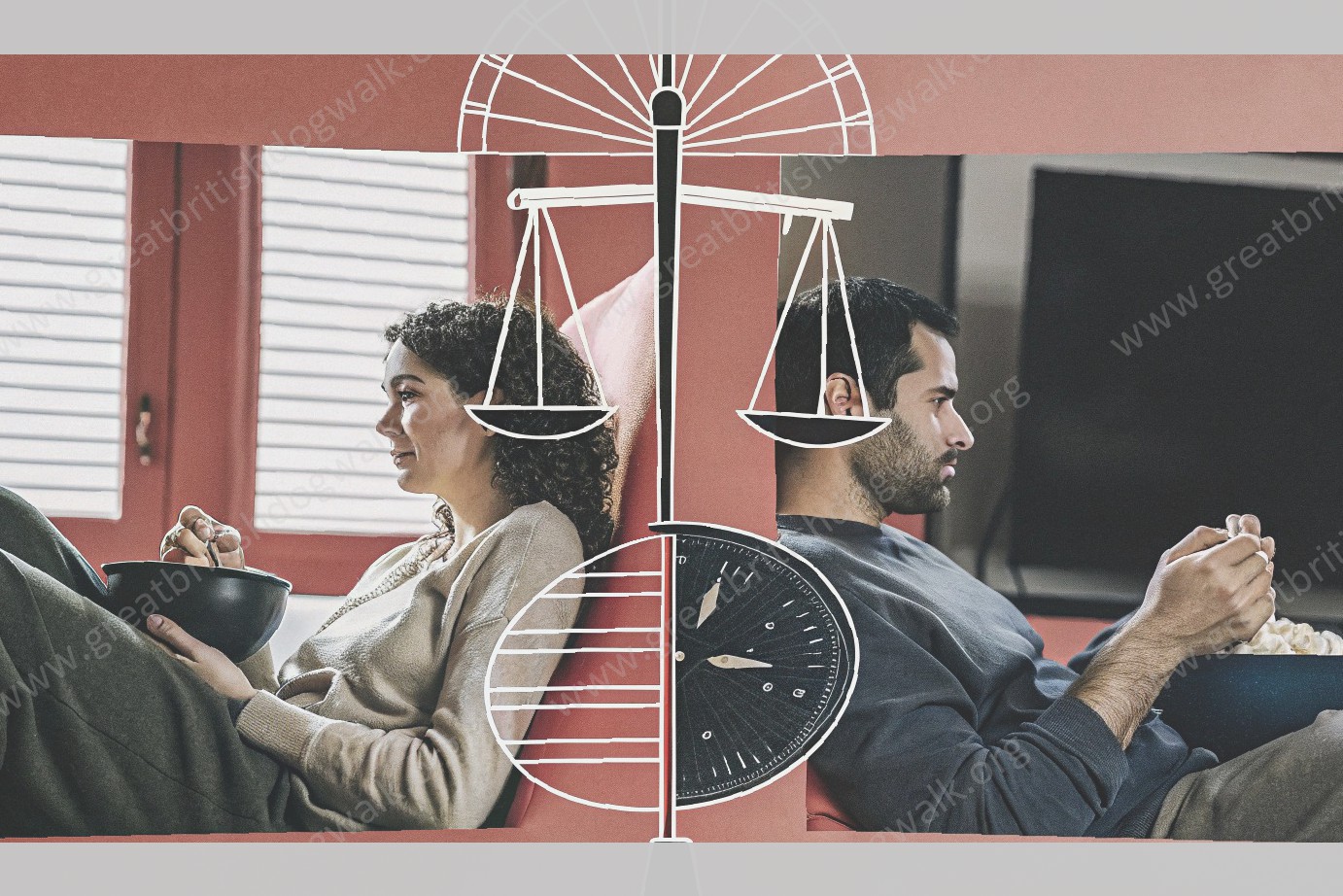What are Concealed Carry Badges?
Concealed carry badges fall somewhere between brass knuckles and a license to kill in the public imagination. They’ll probably both get you in trouble, and yet they’re not illegal in most places. Don’t let that fool you into thinking you have any right to own one, however. Concealed carry badges are badges intended to be used in your private capacity as a law-abiding citizen.
Yes, there is such a thing as a concealed carry badge. It’s a badge that you can wear on your person (or not, if you don’t want people to see it) that identifies you as someone who carries a weapon, but who is not affiliated with law enforcement. There are many stores — both online and in brick-and-mortar locations — that carry such items. The design is often similar to a regular police officer’s badge, with some key differences. The concealed carry badge is not a law enforcement badge. It usually has an emblem that signifies a concealed weapon that you can wear or attach to the badge, of which the shape and design changes. You can wear this emblem to signify what sort of weapon you are concealing, so as to avoid having to tell the whole story every time you go into a bank or are confronted by security personnel when you are carrying a concealed weapon .
This is great, right? No. Concealed carry badges are not legal everywhere. Many places have restrictions on them. Even if you are in a place where a concealed carry badge is legal, such as in Michigan or Wisconsin, no one will believe you are a security officer or have some special permission to own one. In fact, you are much better off concealing your concealed carry badge beneath your shirt or jacket than you are making a show of it. Concealed carry badges are often used by police impersonators who use them to scam innocent people and/or outreach to citizens that would ordinarily have no reason to worry about being pulled over or searched. Concealed carry badges are illegal to use in some jurisdictions. You must check the laws in your jurisdiction to see if concealed carry badges are allowed.
Concealed carry badges are also used as badges by online security officers who work out of their home. For these people, the concealed carry badge allows them to advertise their services to those who live outside their area.

The Legality of Concealed Carry Badges
Currently, thirty-one states throughout the United States have legislation against the use of concealed carry badges and in some instances, concealed carry badges are regulated on a local level. However, in other states, concealed carry badges are still being worn by civilians that are not actual law enforcement officers or authorized personnel.
States That Specifically Address Concealed Carry Badges States that have enacted specific legislation prohibiting the use of concealed carry law enforcement badges are: Alabama, Arkansas, Connecticut, Georgia, Hawaii, Kentucky, Louisiana, Maryland, Michigan, Minnesota, Missouri, New Jersey, New York, Pennsylvania, Rhode Island, Tennessee, Vermont, Washington, Wisconsin, and Wyoming. The wearing of a prohibited badge generally carries an offense that ranges from a crime to a misdemeanor. A person who violates concealed carry badge statutes may be subject to fines and/or imprisonment for such a violation.
States That Specifically Address the Misrepresentation of Concealed Carry Badges States that have enacted specific legislation prohibiting the misrepresentation of concealed carry badges are: Connecticut, Illinois, Louisiana, Minnesota, New Jersey, New York, Ohio, Rhode Island, South Dakota, Vermont, Virginia, and Wisconsin. In Connecticut, the misrepresentation of a concealed carry badge is a class A misdemeanor. Concealed carry badges that are used for illicit purposes may lead to criminal charges. For example, most states prohibit the misrepresentation of a concealed carry badge to gain access to secure areas and may make a person guilty of a crime. Some states leave the regulation of concealed carry badges to local jurisdictions. For example, in Ohio, concealed carry badges are illegal in Cleveland, although they are legal in the surrounding areas.
In some states, concealed carry badges issued by law enforcement agencies may be valid for a limited purpose and only for a limited group of people. For instance in Illinois, concealed carry badges are only issued to retired officers who are qualified to carry firearms and in Ohio, distinguished veterans can use a concealed carry badge.
Pros & Cons of Wearing Badges
Why would a person want to carry a concealed carry badge? A badge is basically used in two popular ways. First, it is a way to identify oneself as a law enforcement office, or a retired law enforcement officer. Secondly, concealed carry badges can be worn by people who are licensed/certified to carry a firearm, as a means of identification.
The arguments for wearing a badge as concealed carry gear is generally the same as wearing any other form of concealed carry identification. When going into a hostile situation and having to draw your weapon, it is a good idea to have some sort of proof that you are allowed to carry a weapon. This allows members of law enforcement to identify you quickly and to hopefully determine that you are not a bad guy. It will make the job of a police officer much easier and helps to ensure that you will not wind up on the wrong end of an investigation or arrest. Of course, having a concealed carry badge also comes in handy if you are required to use your weapon in self-defense. A concealed carry badge can help to prove that you were legally carrying the weapon you used and that you were acting in self-defense. This is especially true if your concealed carry permit comes from a different state than your current residence. Therefore, having a concealed carry badge is a good idea if you will be visiting several states while you are carrying defensively. There are some downsides to wearing a concealed carry badge. Some officers may have difficulty determining if the concealed carry badge is real. An officer may view your concealed carry badge as an attempt to impersonate a law enforcement officer. Fortunately, the officer will most likely call dispatch and have the problem solved.
Concealed Carry Badges vs. Police Badges
First of all, please note: There is a significant difference between concealed carry ID and concealed carry badges. The former is a piece of plastic that identifies you as an individual who has passed gun safety tests, is registered and carries. The latter is a badge that looks identical to a traditional police officer badge. This is misleading for civilians and sets up the opportunity for impersonation for criminals. Usually I mention this within the first few sentences of the Concealed Carry ID article, but sometimes I miss it. Let’s discuss badges. Concealed carry "badges" are more dangerous than concealed carry IDs. They look identical to badges issued by police departments across the country, and they don’t usually say "concealed carry ID" on them. They just say "police." So now we have this situation where an angry driver on the freeway sees someone in the rear-view mirror flashing a badge. But what does that mean? Is the person a cop? Or not? If this happens to 99% of drivers, there’s likely going to be one driver in the other one percent who isn’t trying to figure it out, he’s over reacting. You know, assuming it’s a real cop he’s seen in the movies who will gun you down if you don’t comply immediately. That’s a legal problem waiting to happen. Right out of a scene in a Michael Mann movie. When I’m pulled over by law enforcement they ask for ID. I provide them with what I need to provide them. And (most of the time) they simply give me the ticket and allow me to drive away. But that’s because they identified me in the first place. If they think I’m an impersonating criminal , then they are going to draw their firearm instantly. They don’t just think "oh, this guy’s a concealed carry holder and possibly is carrying a weapon, I’ll continue with my usual protocol." No. They think, at minimum, "This guy is armed and pretending to be a police officer." This is because they are imagining the worst case scenario. This is good police work. If every citizen could just whip out a concealed carry ID and expect the police or any law enforcement agency to simply walk away, then what’s the point in calling the police? We’d all just run around pretending to be cops and thinking we’re above the law. Even if it were possible. Which it is not. Badges do not make you a cop. Police officers and sheriff deputies are going to treat you like you are armed and dangerous. Because even as a concealed carry member, you could be a criminal. Your concealed carry ID is not a badge, and I beg you not to try to use it as one. If they haven’t already, our legislatures need to form bills in every state congress that are written specifically to nail down the kinds of concealed carry IDs that we can produce from our pocket when we need them. And most importantly, banning the production of concealed carry badges.
Best Practices for Concealed Carriers
Regardless of whether or not a badge is legal for you to own, there are a number of best practices you should employ while concealed carrying. First, if you have a permit for concealed carry, make sure it is renewed on time. Carrying a valid permit is like carrying a valid driver’s license. If you don’t regularly renew them you will get yourself into legal trouble very quickly. Second, if you live in a state that requires an affidavit to confirm changes in your status (either due to death, divorce, or other factors), make sure you submit updates in a timely manner. Ignoring this responsibility will also cause you to get into trouble. Third, if you choose not to wear a formal badge, consider making a business card out of the picture below to keep with your permit and other legal documents such as your concealed carry license and tax exemption forms if applicable. Fourth, ensure that you are proficient at drawing and firing your weapon. Frequent practice at the range will help you develop good muscle memory and accuracy. It is recommended to practice drawing and firing your weapon multiple times per week to adapt your body to the proper motions. Fifth, adopt a uniform for carrying. Keep your clothes clean, unwrinkled, and without tears or frayed edges. Ensure you are using a quality leather (or synthetic) belt and holster. Adhering to these simple steps will alert those around you that you are responsible and experienced with your firearm. By adhering to these best practices, you can be confident that even without a badge, you will be recognized as a serious carrier and not someone just playing dress-up.
Expert Commentary on Concealed Carry Badges
Opinions on the use of CCW badges by legal professionals, law enforcement, and firearms advocacy groups vary.
The American Bar Association (ABA) Journal examined the use of CCW badges in the context of "legal style" in their article "The Influence of Gun Culture on American Legal Style," advising against concealed carry badges in light of the consequences of "trying too hard to give the impression that you’re a cop."
Law enforcement have also weighed in against the use of concealed carry badges. Sheriff Grady Judd of Polk County, Florida was quoted in a News Channel 8 report as saying: "There’s no such thing as a badge for civilians. You can go to a local engraving shop and put your name on there , but that doesn’t make you a police officer." The Texas Ranger Hall of Fame and Museum cautions that "most states prohibit the carrying of official-looking badges by anyone not authorized to carry a badge. Although the text of the law may not specifically prohibiting badges, they are interpreted as "other identifying insignia or identification" in many jurisdictions. In some Texas cities, merely wearing a badge mounted on a belt clip, may result in arrest."
Gun Owners of America (GOA) states on their website: "GOA does not endorse the wearing of badges, as it may annoy some law enforcement officers. Concealed Carry badges are typically sized like credit cards. As long as you are not displaying it in such a manner that it appears as if you are trying to impersonate a law enforcement officer, this is generally not a problem. But, just to be on the safe side, it may be a good idea to keep the badge in your wallet and to show it when necessary."


